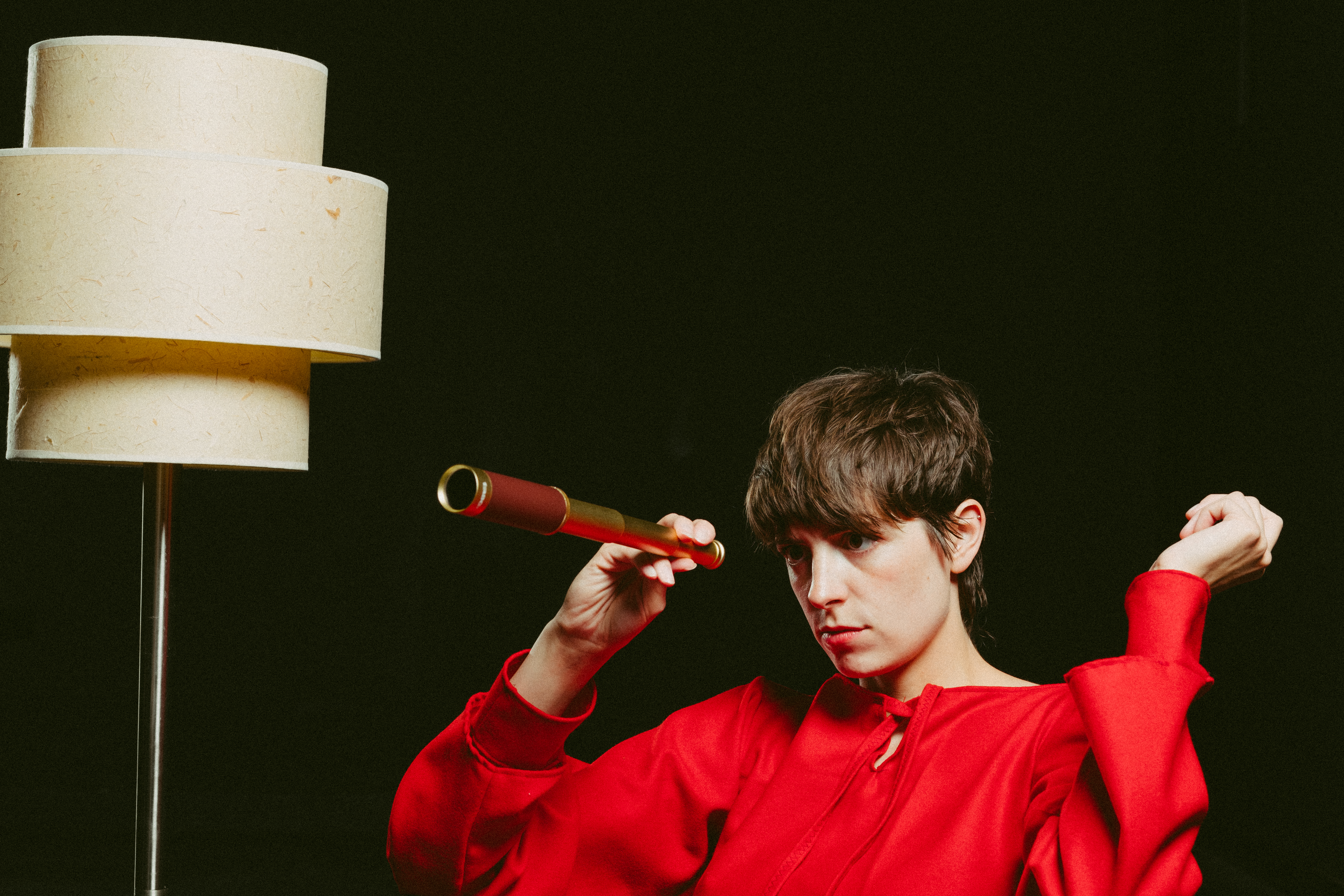Now Playing
Current DJ: DJ Eco
Boards of Canada Jacquard Causeway from Tomorrow's Harvest (Warp) Add to Collection
Requests? 773-DJ-SONGS or .(JavaScript must be enabled to view this email address)
 Features Assistant Director interviews Maria Jacobson, singer and songwriter for Chicago locals Fran. They talk about her transition from acting to singing and playing music, their new album, and inspirations.
Features Assistant Director interviews Maria Jacobson, singer and songwriter for Chicago locals Fran. They talk about her transition from acting to singing and playing music, their new album, and inspirations.
Produced by Ari Mejia
Photo credit: Reilly Drew
Download this episode Subscribe to all podcasts Subscribe to all podcasts